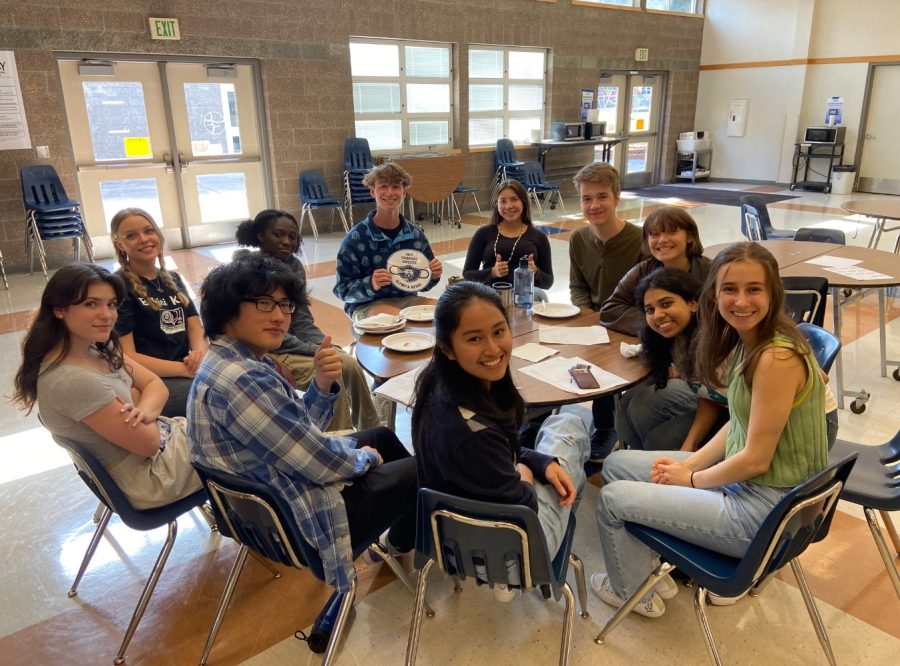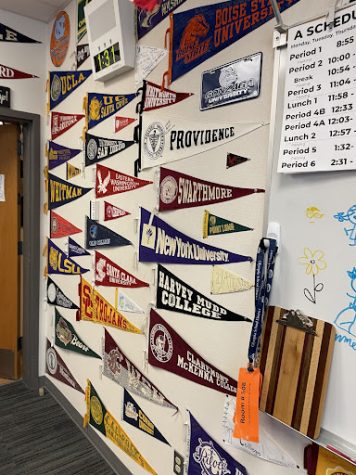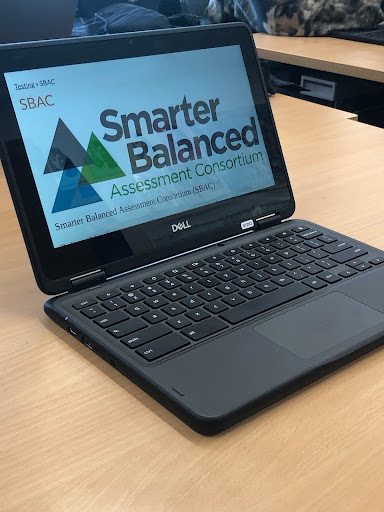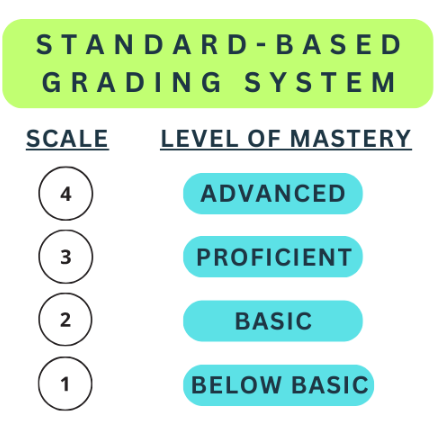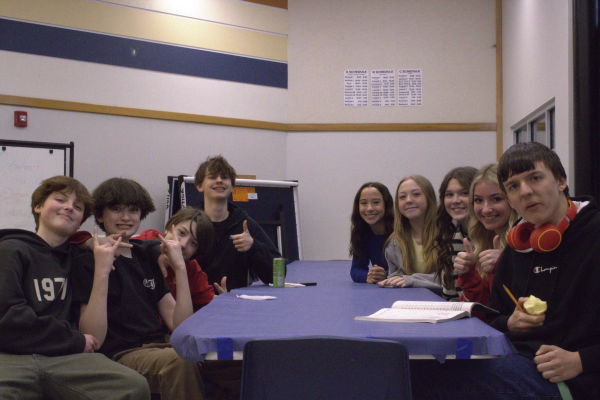Roles reversed at Equity Club’s microaggression training: students teach teachers
On Friday, October 7th, teachers walked through the Oly halls– empty of students, but full of 50 sticky notes with examples of microaggressions written on them by students and staff.
The faculty then met for hours to learn about microaggressions and how they affect the student body. Despite the students having the day off, 13 members of the Equity Committee sat among the staff to lead conversations. Roles were reversed, as the teachers were there to learn from the students.
Eileen Yoshina, a member of the Puget Sound Educational District board, explained that in her work with teachers on equity issues, microaggressions are one of the most frequently discussed topics. Yoshina wants teachers to be able to identify this new way of learning so that microaggressions happen less frequently. “There might be some unlearning and relearning that some adults have to do.”
Learning about microaggressions can be controversial at schools– 16 states prohibit teachers from discussing critical race theory with their students.
Maria Aurelio, ASB president, also believed that microaggressions education would result in a better student environment. “As students, we look up to our educators as role models,” she explains, “And [we] are given the idea of what it means to be an educator.”
Aurelio believes minimizing the disconnect between staff and students will also help with the situation. “There’s a lot that happens outside the classroom that teachers don’t know about… to build a culture that emphasizes belonging, I think the first step is to build awareness.”
Prior to the beginning of teachers’ discussions, senior Sai Sai Men shared his thoughts on the word microaggression. “The word ‘micro’ in ‘microaggression’ makes it seem small, but in reality [microaggressions] aren’t small, and they have major impacts on someone.”
During the equity meeting, Yoshina stated that rather than acts of intentional racism, microaggressions are products of ignorance. In reply, science teacher Craig Baker remarked, “When I think of the word ignorance, I feel like it opens the door for judgment. When you say someone is ignorant, a judgment is placed on them.” He then added that he would have preferred the words unaware or uninformed.
When asked about the word ignorance in the context of microaggressions, Amanda Hall, OHS Counselor, described how she feels it is her role as a white person to help other white people who are struggling with these topics to see things through a different lens and encourage them to not be defensive when these conversations occur. “Are [people] really uninformed, though? Or are they just ignoring it?” questions Hall.
Varshi Horback, a freshman member of the Equity Committee, reflected on the teachers’ behavior during the meeting. She said “I was surprised. I feel like, as students, we always just assume the adults in our lives know everything. To sort of find out they don’t, and they are really uncomfortable with this was shocking. A few of them were a little less open than I assumed.”
Aurelio stated on behalf of the Equity Committee that in the future, their goal is to incorporate training and workshops during homeroom on Wednesdays. “During our next meeting, we’re going to reflect with Mr. Grant and the rest of the Equity Committee about our biggest takeaways from the day and areas we feel we could improve upon. We hope to host more of these types of training/workshops because we don’t want this to be a ‘one-and-done’ sort of situation.”

Minnie Giannetti (she/her) is a Senior at Olympia High School. She is looking forward to being a member of Olympus this year. Minnie mainly participates...
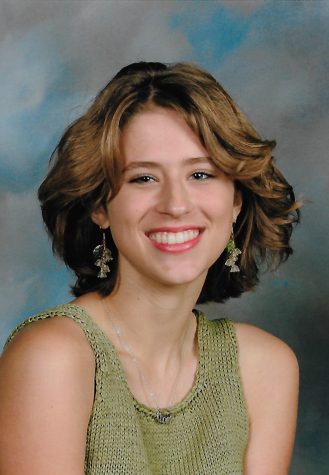
Anna Peternell is a journalist for The Olympus newspaper. Anna is a member of the OHS Chamber Choir and enjoys drawing, painting, mountain biking racing,...


